Search
Research
Protein Ingestion in Reducing the Risk of Late-Onset Post-Exercise Hypoglycemia: A Pilot Study in Adolescents and Youth with Type 1 DiabetesDietary protein causes dose-dependent hyperglycemia in individuals with type 1 diabetes. This study investigated the effect of consuming 50 g of protein on overnight blood glucose levels following late-afternoon moderate-intensity exercise.
Research
Characterization of mesenchymal stem cells in pre-B acute lymphoblastic leukemiaComponents of the bone marrow microenvironment (BMM) have been shown to mediate the way in which leukemia develops, progresses and responds to treatment. Increasing evidence shows that leukemic cells hijack the BMM, altering its functioning and establishing leukemia-supportive interactions with stromal and immune cells.
Research
Gestational age at birth and body size from infancy through adolescence: An individual participant data meta-analysis on 253,810 singletons in 16 birth cohort studiesPreterm birth is the leading cause of perinatal morbidity and mortality and is associated with adverse developmental and long-term health outcomes, including several cardiometabolic risk factors and outcomes. However, evidence about the association of preterm birth with later body size derives mainly from studies using birth weight as a proxy of prematurity rather than an actual length of gestation. We investigated the association of gestational age (GA) at birth with body size from infancy through adolescence.
Research
A Single-Centre Retrospective Review of Modified Blalock-Taussig Shunts: A 22-Year ExperienceThis single-centre retrospective study explores demographics and outcomes of patients who underwent a modified Blalock-Taussig shunt (MBTS) over a 22-year period. The predominant surgical approach in this study is a lateral thoracotomy, in contrast to a midline sternotomy. Risks and outcomes of this approach are compared with national and international literature.
Research
Psychological distress and quality of life in asymptomatic adults following provision of imaging results for prevention of cardiovascular disease events: a scoping reviewPsychological distress and changes in health-related quality of life may occur after screening for disease. Reporting outcomes related to potential benefits and harms of screening is a key recommendation in the guidelines for reporting high-quality trials or interventions.
Research
Impact of mitral regurgitation on left ventricular remodeling and function in children with rheumatic heart diseaseThe impact of mitral regurgitation from pediatric rheumatic heart disease and its effect on left ventricular remodeling and function following surgical intervention is uncertain. The objective is to explore the impact of mitral valve surgeries on myocardial mechanics, remodeling and function and identify pre-operative predictors of post-operative dysfunction which may contribute to the optimal timing of intervention.
Research
Advocating for Implementation of the Global Action Plan on Physical Activity: Challenges and Support RequirementsThere is limited understanding of the challenges experienced and supports required to aid effective advocacy of the Global Action Plan on Physical Activity (GAPPA). The purpose of this study was to assess the challenges experienced and supports needed to advocate for the GAPPA across countries of different income levels.
Research
Imaging of pediatric brain tumors: A COG Diagnostic Imaging Committee/SPR Oncology Committee/ASPNR White PaperTumors of the central nervous system are the most common solid malignancies in children and the most common cause of pediatric cancer-related mortality. Imaging plays a central role in diagnosis, staging, treatment planning, and response assessment of pediatric brain tumors.
Research
Mapping age- and sex-specific HIV prevalence in adults in sub-Saharan Africa, 2000–2018Human immunodeficiency virus and acquired immune deficiency syndrome (HIV/AIDS) is still among the leading causes of disease burden and mortality in sub-Saharan Africa (SSA), and the world is not on track to meet targets set for ending the epidemic by the Joint United Nations Programme on HIV/AIDS (UNAIDS) and the United Nations Sustainable Development Goals (SDGs).
Research
The Prevalence of HIV Infection in Minority Indigenous Populations of the South-East Asia and Western Pacific Regions: A Systematic Review and Meta-analysisA random effects meta-analysis was used to estimate the pooled prevalence of HIV infection within minority indigenous populations of the South-East Asia (SEAR) and Western Pacific Regions (WPR). Sub-group analyses were conducted, and the sources of heterogeneity explored through meta-regression. The majority of studies were undertaken in high HIV risk subpopulations.
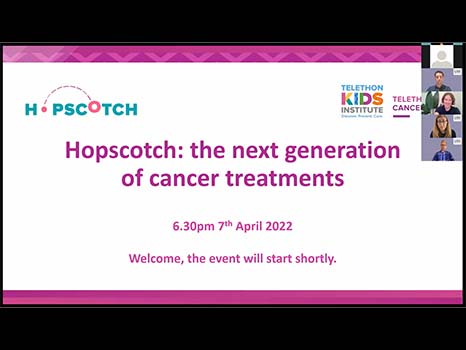
News & Events
Hopscotch 7th April 2022: The next generation of cancer treatmentsOur first Hopscotch event of 2022 explored exciting new frontiers of cancer treatments happening in the WA Kids Cancer Centre.
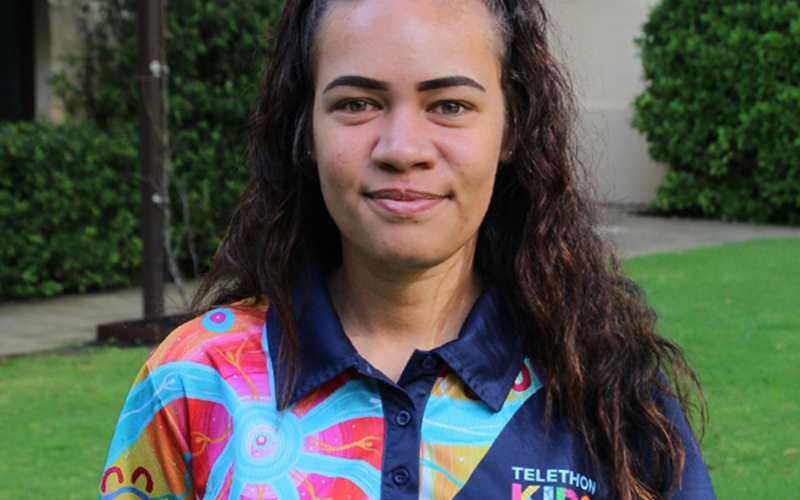
News & Events
Meet Jordeana - STARS Award RecipientJordeana Howard is a proud Yawuru, Nyul Nyul & Kija woman from the areas of Broome, Beagle Bay & Alice Downs, and a recipient of a The Kids Research Institute Australia STARS Award.
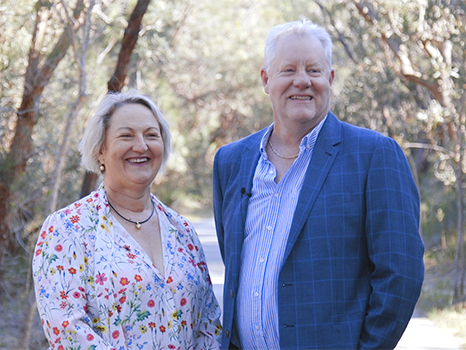
News & Events
Marianne & Brad’s gift of giving‘Tis the season of giving. Unconditional giving means you directly power all our research to help more kids live happier, healthier lives.

News & Events
Collaboration for the kidsHow do you brighten the day of kids in the Perth Children's Hospital when you can't visit them? You work with other sparkly and generous people to

Join the Discovery Centre + Schools mailing list and receive lesson plans, updates on the schools program and more in your inbox!

News & Events
Meet scientist NickNick is a researcher, but he doesn't wear a lab coat. His research is all about helping kids with a disability get a good night's sleep.
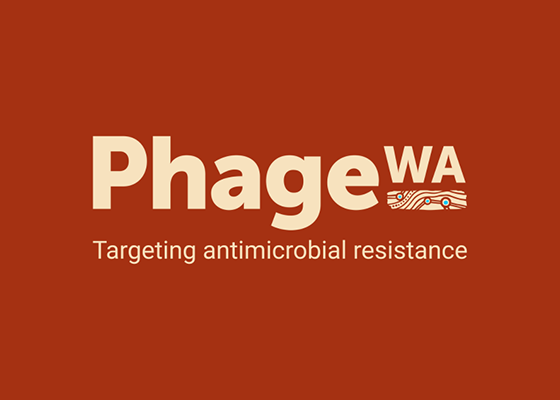
Our team uses AI to quickly analyse large amounts of genetic data to help discover alternate medications and improve existing treatments.

Workplace Giving to The Kids Research Institute Australia is a fantastic way to engage staff and contribute towards ensuring all kids have a happy healthy childhood.
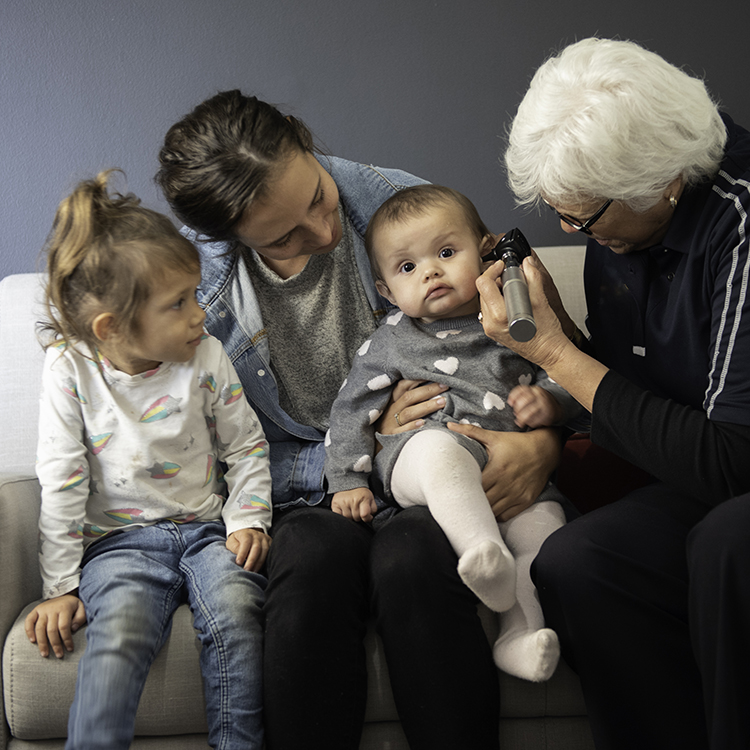
The Supporting Training of Aboriginal Researchers Staff program (STARS) is a diverse program with flexible awards to equip the next generation of Aboriginal leaders in our community.
